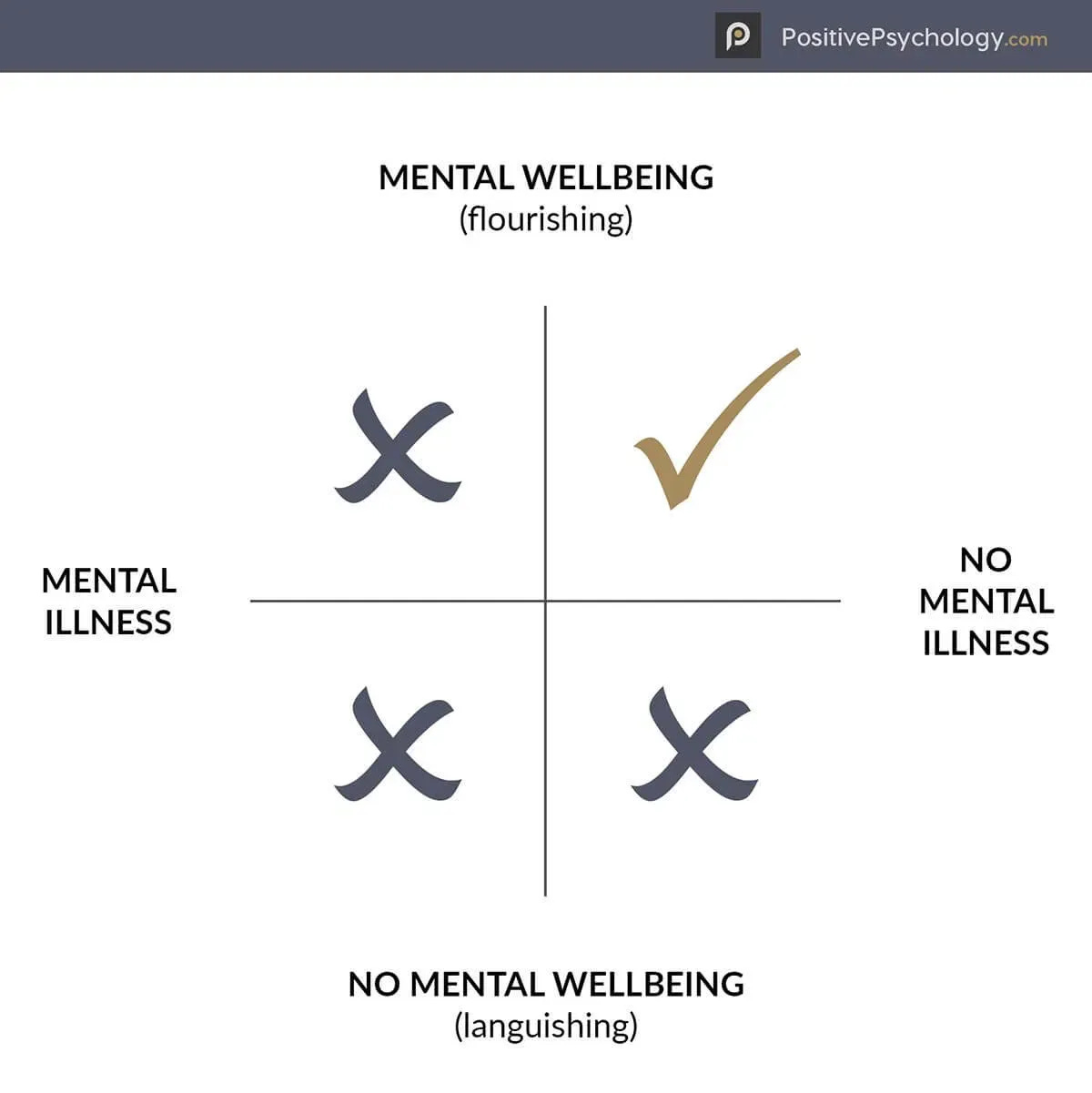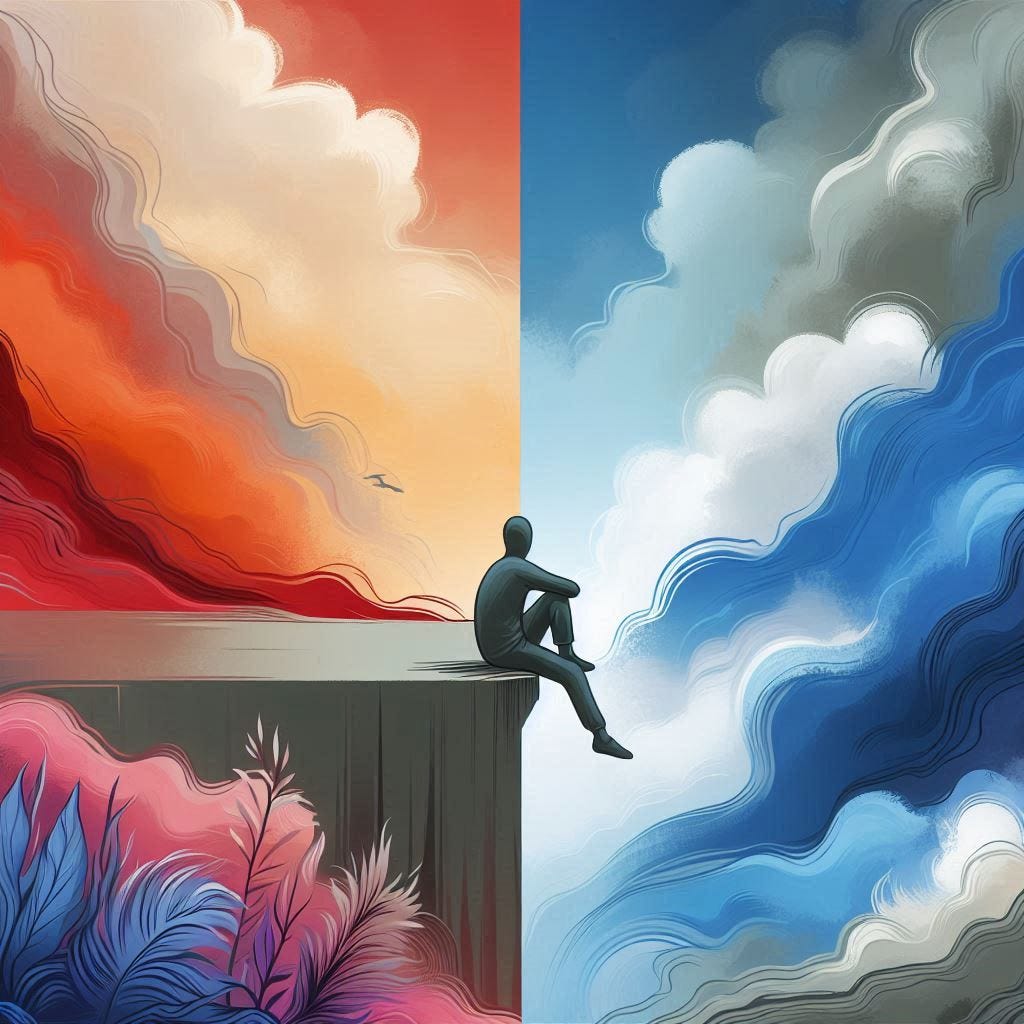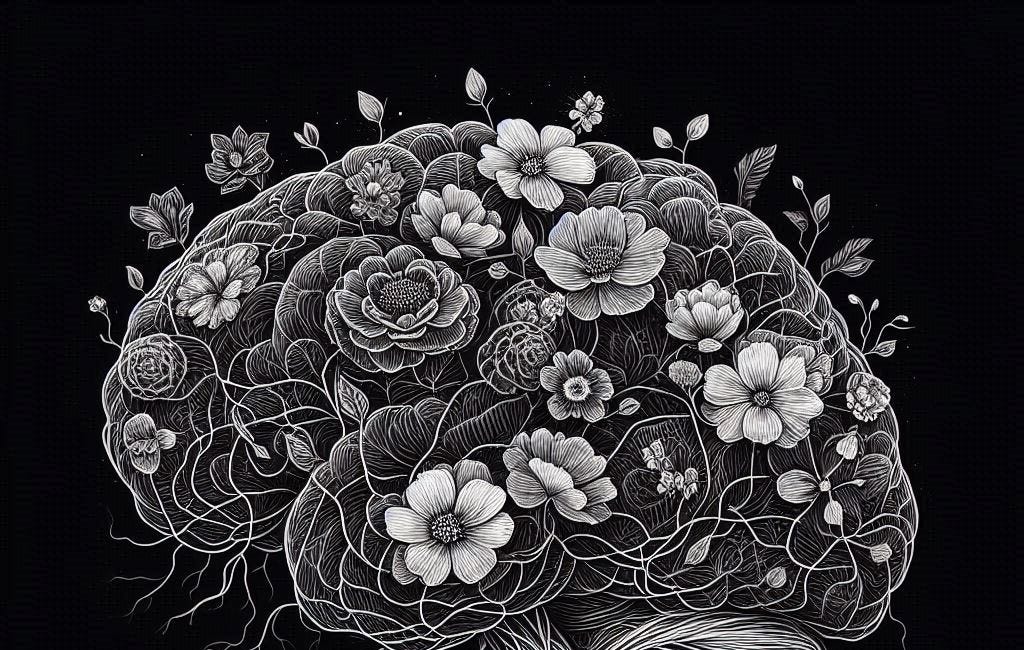On the Verge of Being Great and on the Brink of Breaking
To the deep thinkers,
Welcome to the Deep Thinkers Newsletter: A collection of essays dedicated to going beyond the surface.
If you’re new here, check out the Deep Thinkers archive.
This is the song that inspired this essay.
Over the last few months, I’ve felt like I’m in limbo.
My days have been blending together, each one resembling the one before it far too often.
In a way, it’s as if I’ve exhausted the current stage of my life. I’ve learned what I needed to learn, and now I need to get to the next level.
But where is the entrance to this next level?
I’ve stalled, and I know I can’t keep living the same way if I’m going to live the life I’m trying to create. I think to myself: I need more. And I hear a response that says: No, you need to give more.
More effort. More love. More attention.
I keep jumping between two extremes.
Be more disciplined or
Run from the pain and numb yourself
One moment, I am high off life, ready to conquer the day like a modern-day Alexander the Great. The next, the weight in my chest returns with a fury, and all I want to do is crawl into bed and slip into a coma. In this state, not even the things that usually excite me can pull me from the depths of anguish.
So often, I drift through my days like a ghost in my own life. Even more, the knot in my stomach, the constant rumination happening in my mind—it won’t let up.
Something is off.
What is it?
I feel like I'm drowning.
From what?
Everything.
One moment, I am in a flow state, powered by my creative spirit, then I look at everything I’m doing and sense that none of it matters.
Rexx Life Raj, raps in his song “Somewhere:”
When I was grievin', it was heavy, I made it seem weightless
Now I'm on the verge of bein' great and on the brink of breakin'
These lyrics speak to what I’m talking about so poignantly. I feel powerful and fragile all at the same time. The surge to create and build the life I want is strong, and still, I break down several times a day as I am consumed with grief and regret.
Maybe I feel this way because this is the kind of pain I couldn’t experience before. Maybe it’s in the grasp of this unpredictable sorrow that the answer to the question Why should I keep going? is found.
Because I am me, I had to go searching for answers, and what I found changed how I see the entire landscape of mental health.
The Missing Middle
I needed a name for what I was experiencing. Something that wasn't depression, but wasn't thriving either. That's when I came across the concept known as languishing.
Positive psychology describes languishing as a state of stagnation and emptiness hindering motivation and joy in life. It’s a sense of ‘meh’ or ‘blah’ toward your life and the world around you.
Most people’s understanding of mental health misses this middle ground completely. They think of mental health like a single thermometer. There is a hot end (meaning, you’re mentally happy and thriving) and a cold end (you’re depressed, anxious, and mentally ill). In other words, you’re either moving to one end or the other.
Sociologist Corey Keyes rejected this idea. According to Positive Psychology, "contrary to the traditional view, where mental health and mental illness are seen as opposite ends of a single spectrum, Keyes's model proposes two distinct but interrelated continua:"
Put another way, we have two thermometers running at the same time.
Thermometer #1: Mental Illness (Presence or Absence)
If it’s high, you have clinical depression, anxiety, bipolar disorder, etc.
If it’s low, you don’t have any diagnosable mental health conditions.
Thermometer #2: Mental Wellbeing (How You’re Thriving)
If it’s high, you’re flourishing. Meaning, you are engaged in life, purposeful, energetic, connected.
If it’s low, you’re languishing. You feel stuck, empty…’meh.’
According to Keyes’s model, you can be low on mental illness but also low on mental wellbeing, and many people who fall under this category don’t do anything to get themselves out of this state because they don’t see a problem to address.
Simply put, you can be high-functioning but languishing, have a mental illness but flourish, or you can be low in both or high in both.

Letting Pain Light the Way
As I’ve wrestled with the feeling of languishing, I can’t help but see that the answer lies within the pain I’ve felt.
Pain is a signal. The tears that stream down my face when I sense that I can’t go on are signals.
I wrote about how boys are taught to suppress their emotions, especially anything that would make them appear “weak.” That suppression is responsible for so many men remaining estranged from their own emotions. We latch on to anything that will keep us from facing the pain head-on. Work. Sex. Vices. Social Media. Spending. Anything.
So what happens when you begin to cut off these sources of coping?
The floodgates open.
And therein lies the first beacon of hope, the light that we may not even know we desperately need to see. When the pain becomes too much to handle, and it outweighs the fear of trying something new and stepping out of your comfort zone, discipline, effort, and motivation take care of themselves.
Ultimately, removing all the superficial things I was using to block the downpour of emotions from washing over me was the first step in really seeing what needed to be done. I needed to listen to the pain, not try to escape from it.
Talking and writing about it is easy; living it is a completely different beast.
The distractions and vices whisper for me to return, to give up the painful walk of becoming truly whole. Of undoing the damage and jumping into uncharted waters. In the immediate, it would “feel better” to indulge and go numb for just a bit.
Breaking down and letting the regrets confront me doesn’t feel good, but it’s necessary.
So, I want to look at what it takes to move through languishing and how to make it to the other side. Or at the very least, how to keep going, even when you can’t find a reason to.
The Elixir to Languishing
In his TED talk on the very subject of languishing, author Adam Grant suggests that languishing can be erased through flow, not optimism.
In the presence of flow, rumination cannot breathe because flow keeps you locked in a state of mindfulness and purpose.
When I first decided to write and share my work online, flow states came naturally. I was learning constantly and stepping outside my comfort zone daily. It was a quest—one that would teach me about myself and the world around me.
My life was far from easy, but I had a project that filled me with excitement every morning and night. Those early days of writing online simply wouldn't allow languishing to exist.
Now that I am comfortable with sharing my writing, I ache to step into a new frontier. I feel that I could find the same kind of flow by documenting my life through a different medium—video.
Besides pursuing new creative projects, I'm also finding contentment in small daily wins while completely reframing my relationship with pain. Instead of convincing myself that numbing out serves my mental health, I let the emotions hit me directly. Cry when I need to cry, wipe the tears, and then keep building.
Healing is Hard
How long will this feeling last? Will all this painful work actually be worth it? Self-help gurus love to promise that it will be, but honestly? Life doesn't come with guarantees.
Sometimes, counting your blessings and remaining optimistic aren’t enough. That doesn’t mean doing so is a waste of time, or that they don’t hold any kind of weight. But the work to change our lives requires more than mental exercises.
During the lowest of lows, how does one persist? If there is no target date for the end of the suffering, how does one find the strength to continue? I am still wrestling with these very questions.
No matter how often I am reminded, I still grapple with the reality that healing doesn’t always feel good.
In fact, healing, more times than not, is really really uncomfortable. It’s painful. It’s hard. Returning to the old ways of doing things is always so tempting. The path of least resistance, of comfort, is always whispering like sirens across the sea.
When the whispers get loud, I turn to voices that understood this exact struggle.
I find strength in the teachings of some of the existential philosophers who encouraged us to either create meaning ourselves (Jean-Paul Sartre) or to face the meaningless of the universe valiantly (Albert Camus). Or the Stoics who knew that every setback was a chance to practice virtue, to show what they were made of when life got hard.
Reading the works of those who once felt the same way as I do today and who found it in them, to keep sharing their work while forging the life they wanted to live, helps me deal with the ongoing tension of languishing.
This is what I hold onto: each day, I create who I am through my choices.
As Sartre wrote:
Man is nothing other than his own project. He exists only to the extent that he realizes himself, therefore he is nothing more than the sum of his actions, nothing more than his life.
Tears in My Eyes and a Smile on My Face
Amid the absurdity of progressing one moment, while being smacked with the whiplash of wanting to crawl under a boulder the next, I see a glimmer of peace on the horizon.
Yesterday my spirit was running on tires covered in fix-a-flat, today I could bare-knuckle box a wild boar. Despite the emptiness that certain days bring, something is telling me to keep going—that I am headed in the right direction. I am teetering on the edge—afraid, lonely—and still…I can’t help but think that I’m doing something right.
These might just be the feelings I’ve been keeping at bay for so long. They’ve been here the whole time begging to be acknowledged. Maybe it’s the price I must pay to get to where I want to go.
I don’t know for sure. It typically takes the passing of time to really learn the lesson. But I do know this: I have to meet life head-on, and listen for what it needs from me.
Camus wrote, in The Myth of Sisyphus:
In truth, the way matters but little; the will to arrive suffices.
I hold onto these words as a personal maxim, seeing them as the only self-help I truly need.
Things rarely go as planned because chaos is woven into the fabric of existence. If you decide the only way you'll succeed is if everything goes according to your perfect plan, or if you need the path to be smooth and obstacle-free, then you’ll quit at the first real setback. You’ll fold when life gets messy.
But if you decide from the jump that a curious mind and your inner fortitude will be the only things you rely on, then you can endure it all.
And in the end, you will look back with blood on your knees and mud under your fingernails with a toothy smile. Because you knew from the beginning that it could always go this way. But you also knew that it would never be enough to break you.
I wish you well.
Enjoying the essays? Consider becoming a paid subscriber to support more thoughtful, in-depth work like this.
Or leave a one-time tip—every little bit helps
Your support, whether monetary or simply sharing this essay, means the world to me.
✍🏾 In Case You Missed It:
Why Can't I Ever See My Own Progress?
"I just want to give back to the world, to feel like I did something with what I've been given. I don't want self-appreciation for its own sake. I want it because my flow state exists in a dimension outside of fighting myself."
Much love,
—Jon ♾️





Jon, wow. You are so honest and raw and I really appreciate it. Some comments which you or others might find helpful:
"Healing, more times than not, is really really uncomfortable. It’s painful. It’s hard." The appropriate comparison would be: While you are in an operating room without anesthesia, it's really, really uncomfortable, painful and hard. The easy(ier) part is called "being healed", not "healing". Of course, the comparison does not quite fit because we will never be fully healed, none of us. But we can definitely be something like "mostly healed". :)
Your metaphor with the floodgates seems fitting: You will at some point notice - maybe only in retrospect - that the wave that is rolling over you will turn into a smaller wave, and eventually into a trickle. Look out for that moment. You certainly have my full respect for not closing the floodgates again. And I am one of those who firmly believe that once you have worked yourself through everything that has built up, you will feel MUCH better. Many of your days at least. ;)
Whilst facing the big wave, a little known "hack" might help: You can talk with your emotions. (And almost anything else within yourself.) Try to bargain with them: "You leave me alone for the next two hours, and then I will willingly come back to you and intentionally feel you." From the people I have recommended this to, none have yet said it didn't work. Emotions are very happy to know that they will be intentionally welcomed, which is an unusual thing for them to hear. That's why a Yes is probable. But listen for their answer, which could come as a picture, a feeling of warmth or coldness, words, an image of a person, whatever. You'll know how to interpret it. And maybe two hours is too long for them. Or maybe they will allow your wish only with a certain caveat.
If you suddenly happen to feel like a weight is off your shoulders, you could probably interpretieren this as a Yes to your bargaining suggestion.
Generally, it might help to actually welcome the wave, facing it and all its emotions with curiosity, instead of hating that it is there (not presuming that this is what you were doing).
Thank you for your honesty and braveness. All the best. ❤️
Extremely eloquent and something I needed to see as I feel the same way about my journey currently. You captured something I couldn’t put into words so beautifully! An amazing read and reminder of what it takes to keep going.